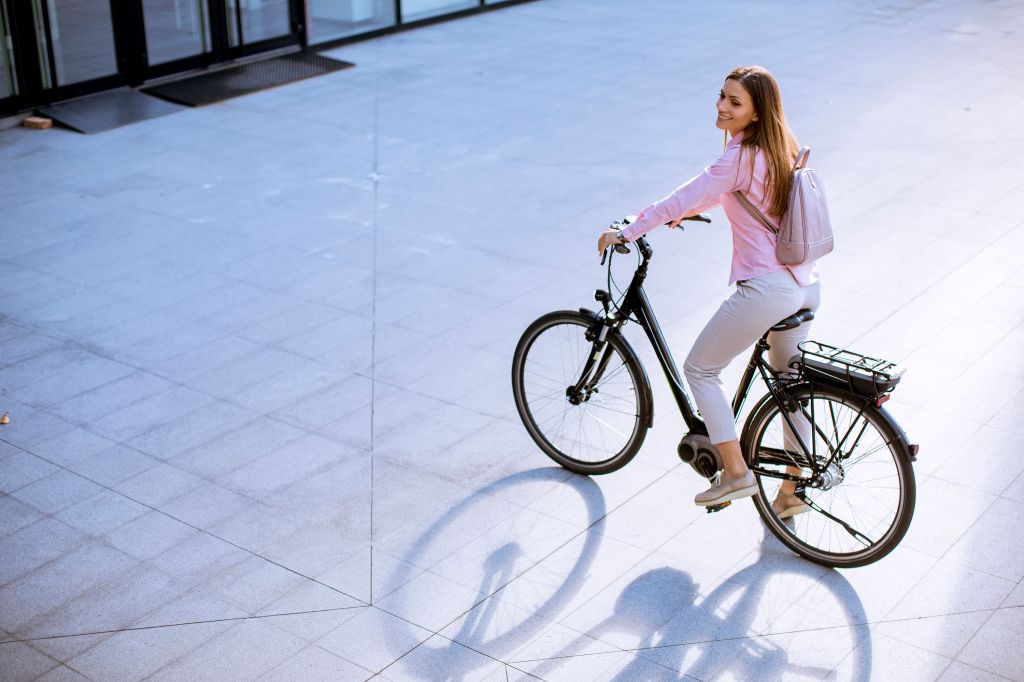The youths of India remain loyal to shopping in person. 78% of young people surveyed said they will continue to shop in-store at least to the same extent as now or more, compared to 69% of older shoppers. In fact, 51% of youths said they will visit shops more. This is significantly more than the older age group (22-65 year olds), where only 28% said they will use shops more.
Physical shops are seen to give credibility to retailers in India, particularly by youths: 44% of young people and 32% of the older age group state that they only buy from online shops that also have physical stores.
Shopping socially matters to young people in India
Social shopping looks set to increase in India, with more than half of young shoppers (56%) saying they would shop socially more often in future compared to 32% of adults. Overall, 88% of youths and 73% of adults say they will shop socially the same amount or more than they do now.
Consumers research first, then visit stores
Youths prefer to “webroom” – research an item online before going in-store. 86% do this as opposed to 73% who “showroom” – research in-store and then buy online. Adults also prefer to webroom – 83% do this as opposed to 68% who showroom.
What’s important to consumers when they shop
Overall, lower prices and improved delivery were most important to all age groups when they shop. However, lower prices, easier refunds/returns, improved service, greater choice and more omnichannel options were more important to older respondents.
Most online shopping in India takes place on laptops or desktops
Of the devices used to research the purchase, mobile, tablet and desktop use is similar between youths and adults in India, although use of mobile phones is consistently higher among youths when it comes to groceries. When it comes to paying online, the majority of online transactions take place on a desktop or laptop.
Credit card security deters consumers from online shopping
60% of youths and 46% of 22-65 year olds list security of their credit card or personal details as the main reason they would not buy online, while 39% of both age groups give cost of delivery as the reason.
Expectations of an integrated experience
Indian youths have higher expectations concerning the integration of online and in-store services. 70% of youths expect support in-store if they have bought online, compared to 63% of adults.
Different shopping habits of the different age groups
According to our survey, adults are more conscious of the ingredients in the food they eat, and enjoy grocery shopping more than youths. Young people are more likely to buy fashion items online, and state that they shop less often but spend more when they do.
What the future holds
Youths and adults in India both think home delivery, online and mobile and app will play a more important role in several years’ time than today. Indians of all age groups are very interested in new technologies – in particular Amazon drones, personalized products and mobile wallet – like shoppers in the UK, Germany and Russia.
Adults place slightly more importance on purchasing products in-store and having them delivered, avoiding the need to carry them home. On the other hand, youths show more interest in Google Glass (41% of youths surveyed as compared to 33% of adults).
About the Global Youth Retail study
Global Youth Retail study is a GfK proprietary study carried out in 10 countries (US, UK, Germany, Italy, South Korea, Brazil, Russia, India, China and South Africa). The total sample of 7,266 people includes a boosted sample of c. 5,000 16–21 year olds. The study explores attitudes and behaviors across grocery, personal care, fashion, mobile and personal electronics.
Global Youth Retail is a key component of GfK Future of Retail – market insights we provide based on best intelligence about the demand and expectations of today’s shoppers across all categories and markets. Bringing together sales facts, panel data and shopper research, we help generate the precise and future focused retail strategy you need for sustainable business success.
For more information contact Matthias Rasztar at matthias.rasztar@gfk.com.
For more information on our Young Shopper Study, check out our other posts:
China – Germany – Brazil – Russia – South Africa – South Korea




